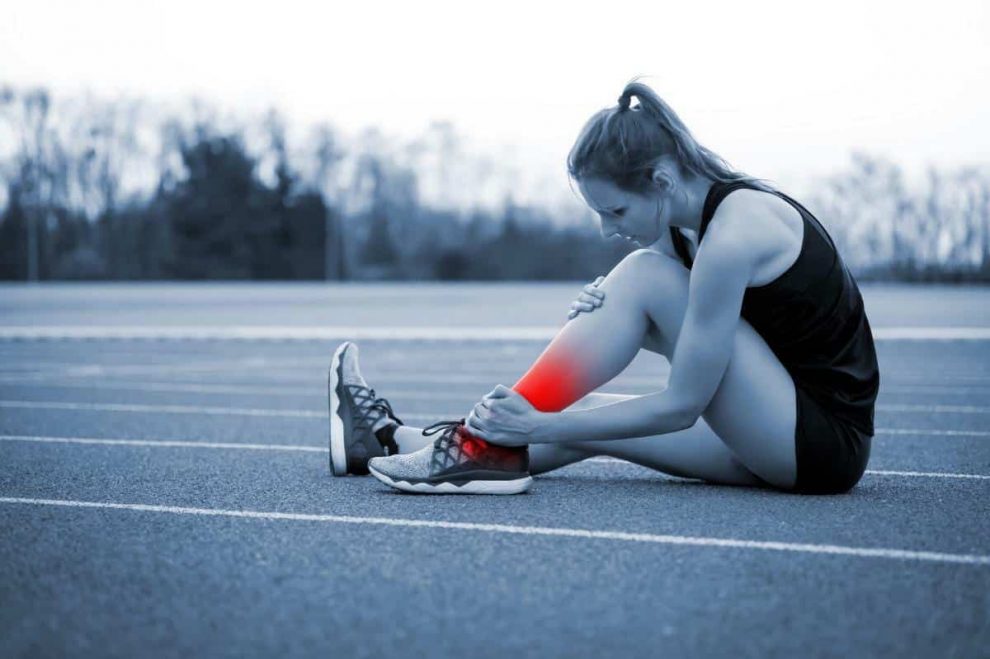Athletes spend most of their time preparing for a particular sport, which often involves a lot of regular physical activity, which puts stress on the body. For this reason, they are more susceptible to injuries, mainly due to overuse and direct impact. Although you may not entirely evade the possibility of an injury, Dr. Kristopher L. Downing recommends the following tips to help keep you on the field than on the sidelines.
Get a preseason physical exam
Physical examination is a great way to determine if you are fit to play. For this reason, you should ensure you get yourself or your young ones examined before they resume school. Sports physicals are essential since they help assess any areas of concern for athletes before starting an activity. Any problem discovered during a physical exam is treated to prevent further injuries.
Cross-train or play different sports
You continuously strain the same muscles and joints if you play a particular sport such as baseball or basketball throughout the week or year. Therefore, it is essential to change your routine regularly or the sports you engage in. Overuse joints may result in injuries such as shoulder dislocation, bursitis, and patellar tendonitis.
Warm-up before starting an activity or sport
Stretching should become a habit for all athletes because it is a crucial prevention technique. It helps with muscle flexibility, preparing them for play. For this reason, specialists recommend a combination of static and dynamic stretching before playing a sport. Static warm-ups are those that require no movement. They include stretching and holding a body part such as your toes for a specific time. On the other hand, dynamic stretching involves jogging, whereby your body is in motion as it stretches.
Stay hydrated
To prevent heat-related illnesses, you should stay hydrated before, during, and after play. It is typical for athletes to lose water in sweating as they play. For this reason, athletes should have enough water to avoid dehydration. Symptoms such as headache, fatigue, nausea, confusion, and fainting may indicate a heat-related illness.
Get proper equipment
Sports are meant to be fun, but playing without proper gear can be dangerous. You should have the right protective equipment depending on the sporting activity. For example, if you play football, you should have the right shoes to prevent falls. Other sporting activities require that you have a helmet, mouth guards, pads, and a protective cup. Wearing protective gear does not exclusively apply to rough sports but whatever activity you are into.
Protecting yourself reduces your chances of getting injured, helping you entirely focus on the game and not worry about possible accidents.
Eat a healthy, well-balanced diet
Nutrition is essential for enhancing athletic performance. You are more likely to perform poorly during sports if you don’t eat healthy foods. The ideal diet for athletes is no different from that recommended for any healthy person. However, the quantity of each food group may vary depending on sport type, the intensity of training, and the amount of time you spend on the activity or exercise.
If you need further guidance on preventing sports injuries, consult with your specialists at Upper Extremity Specialists.







